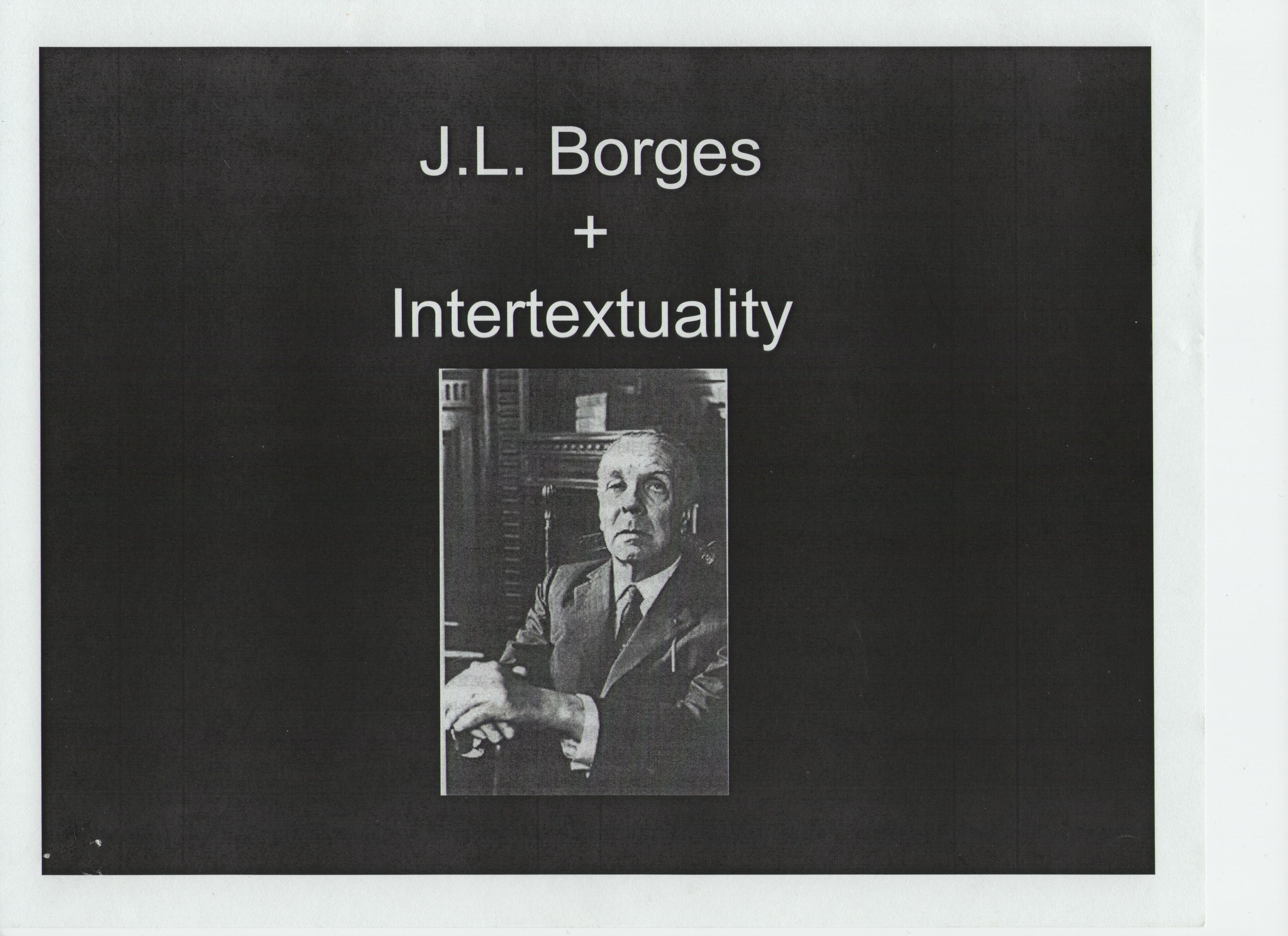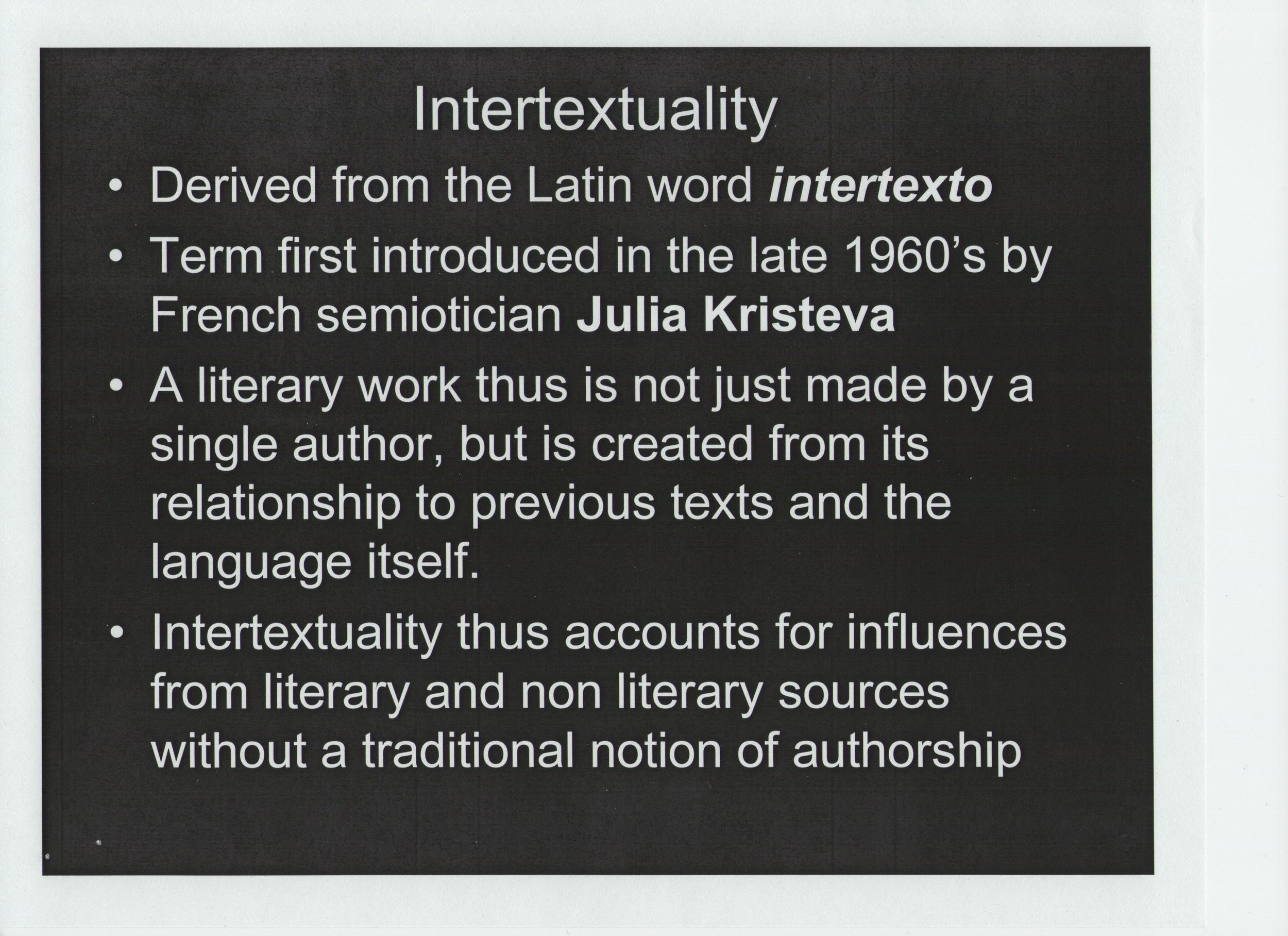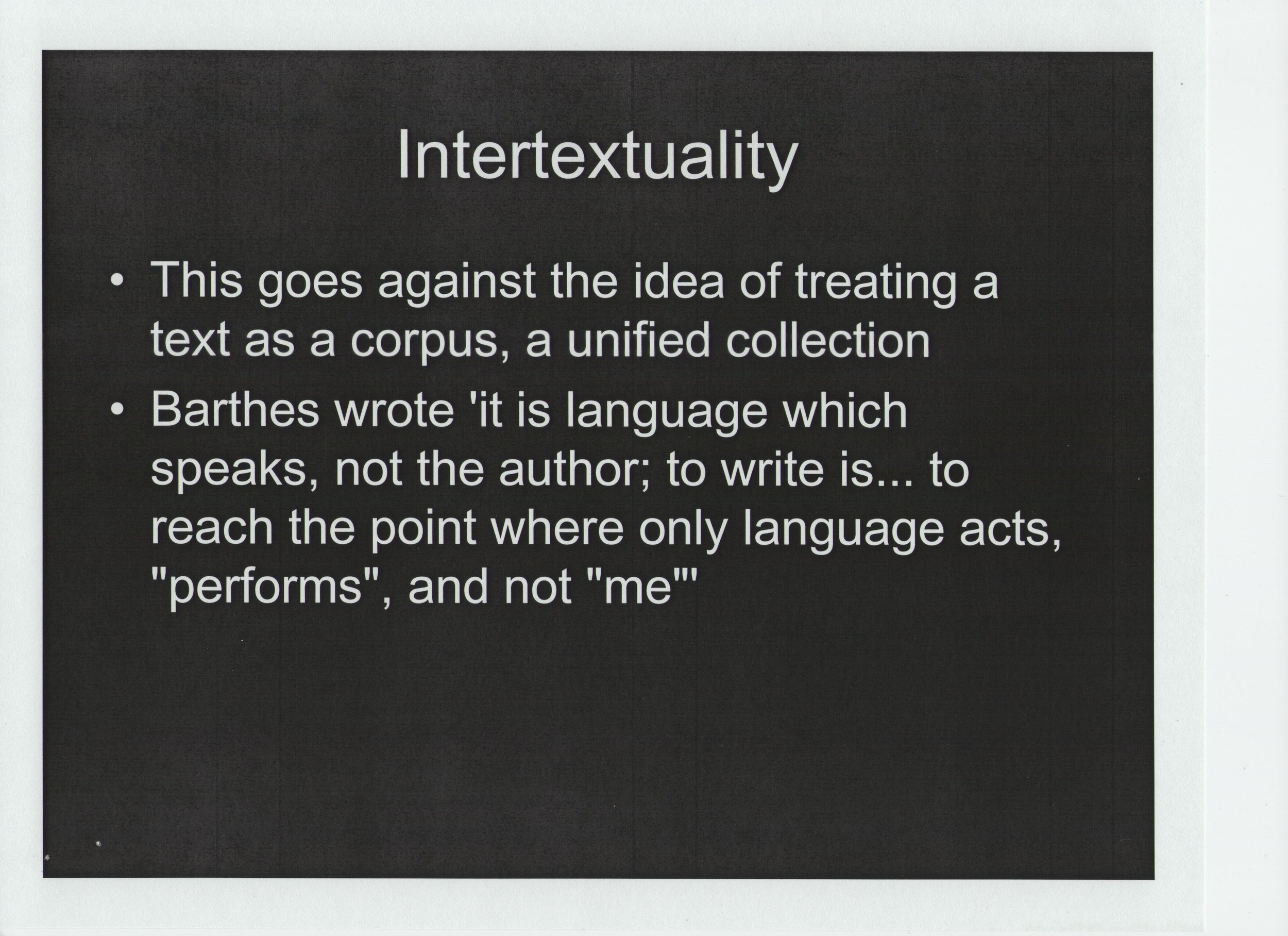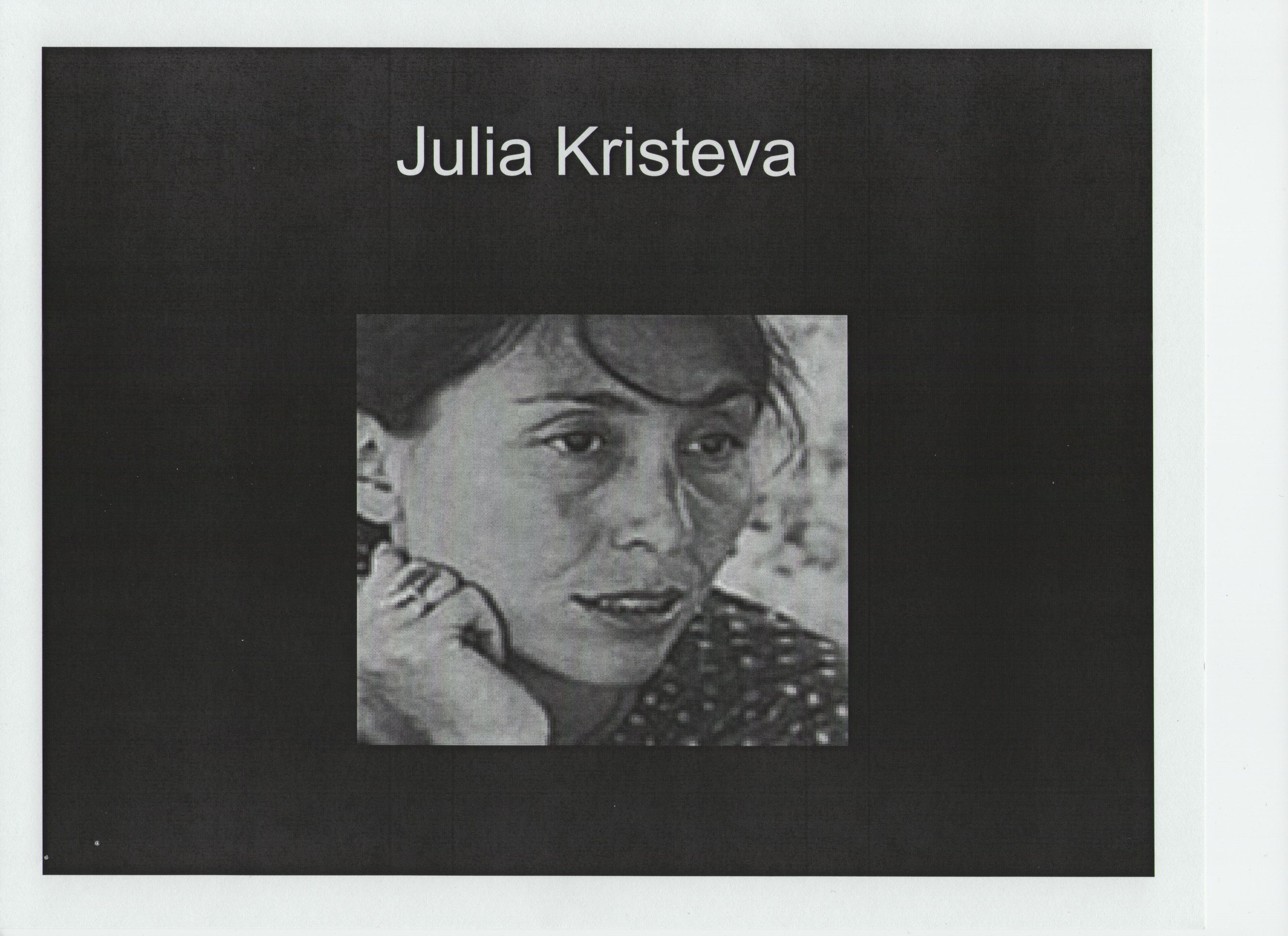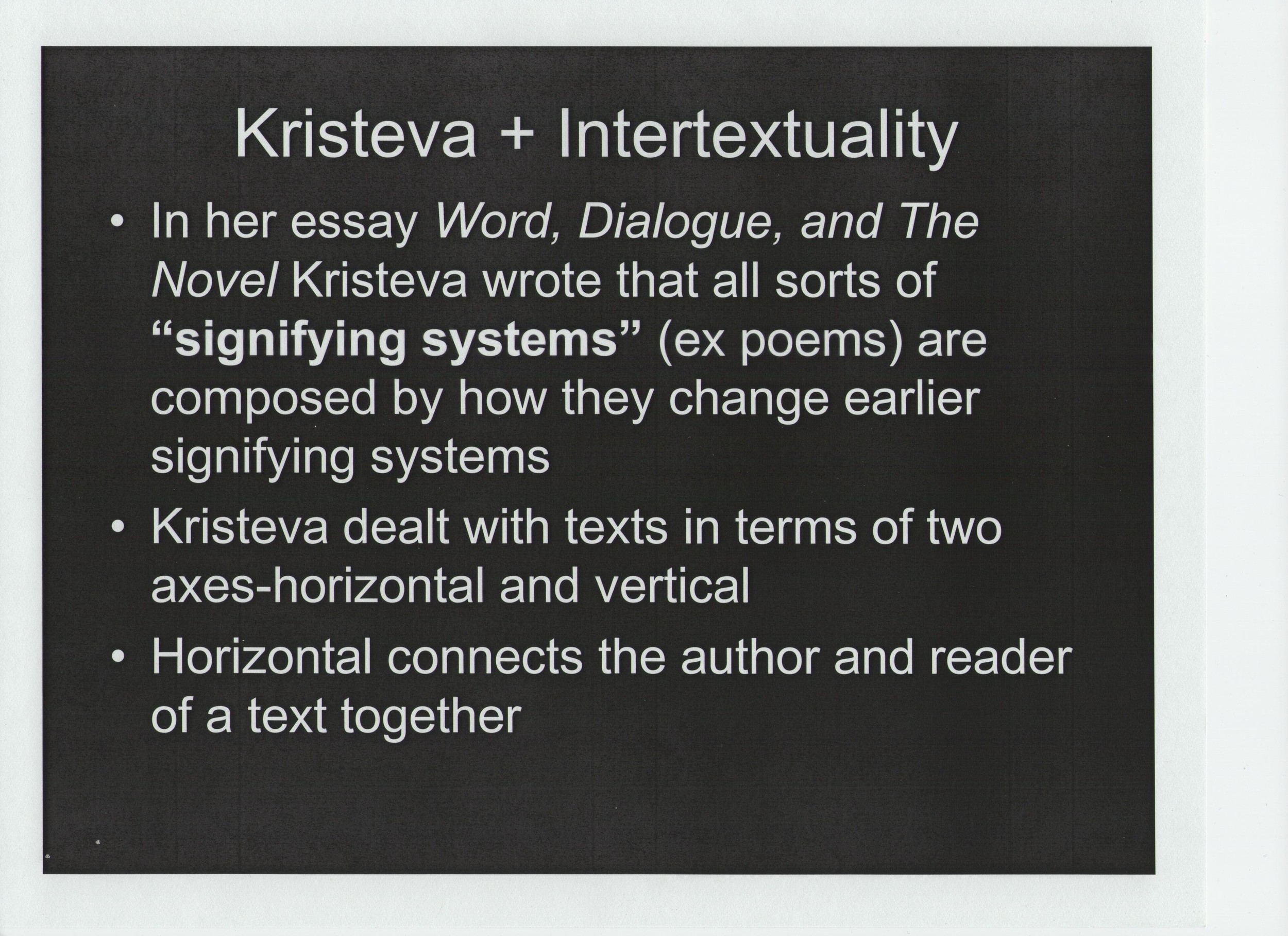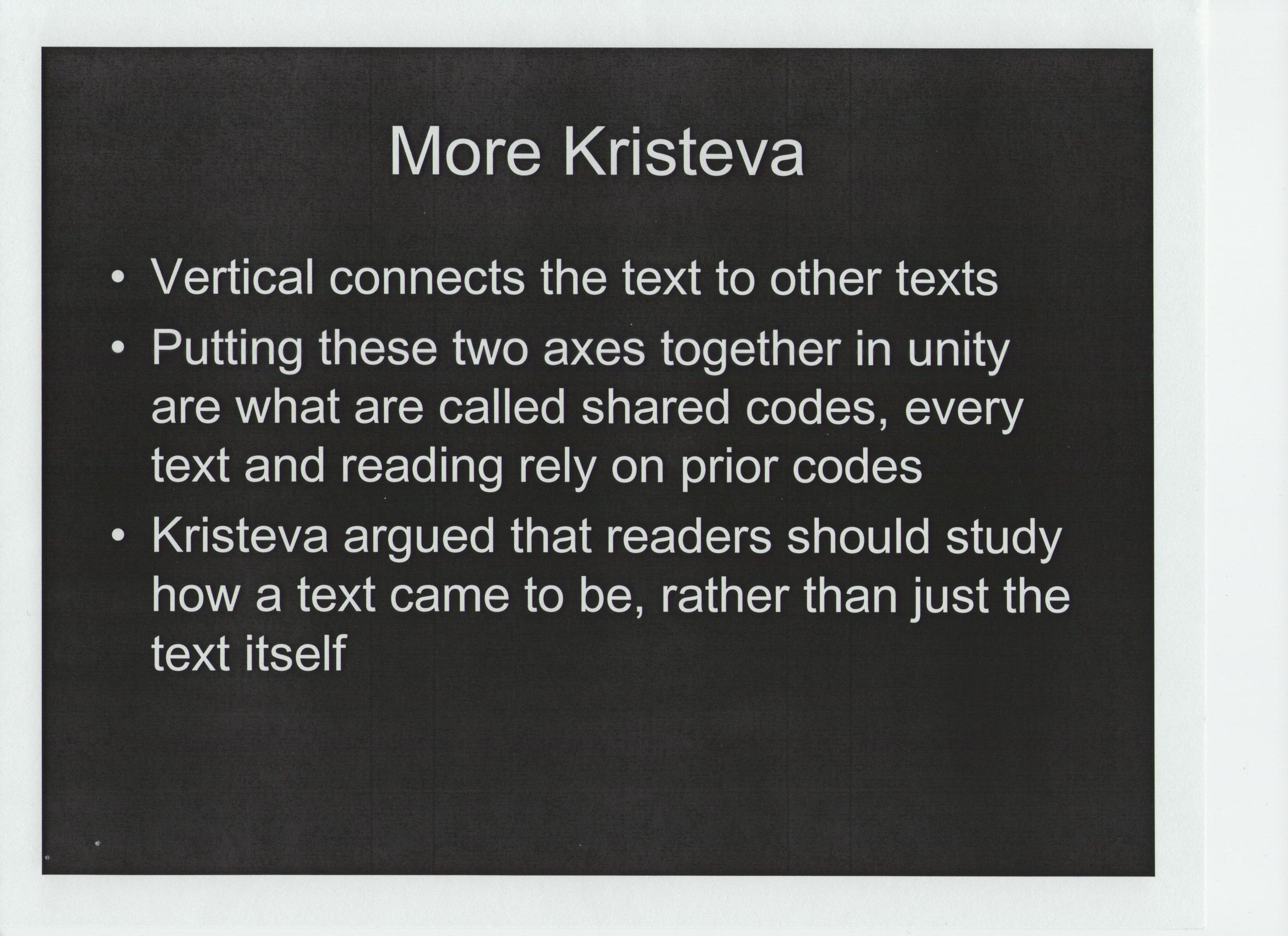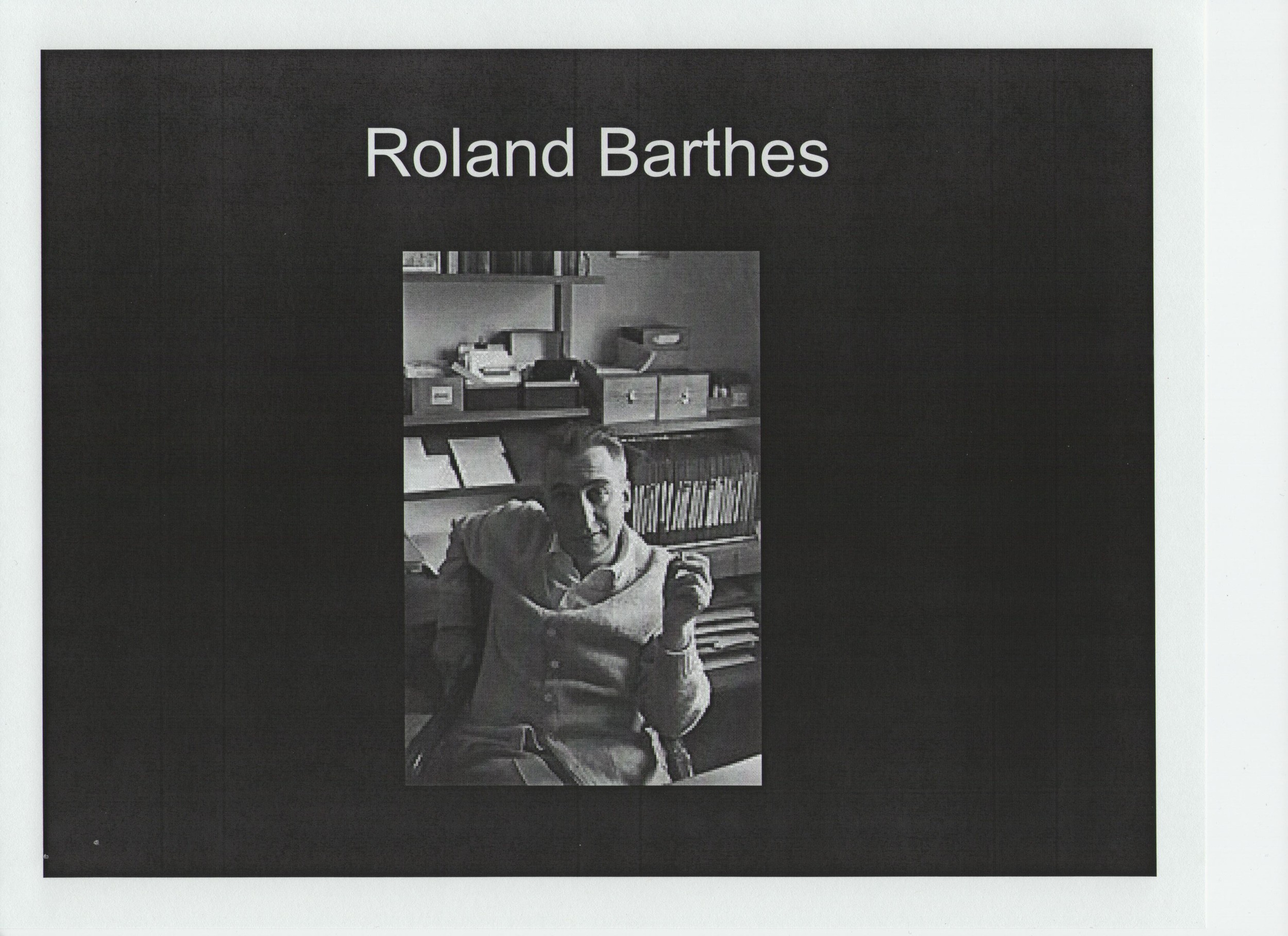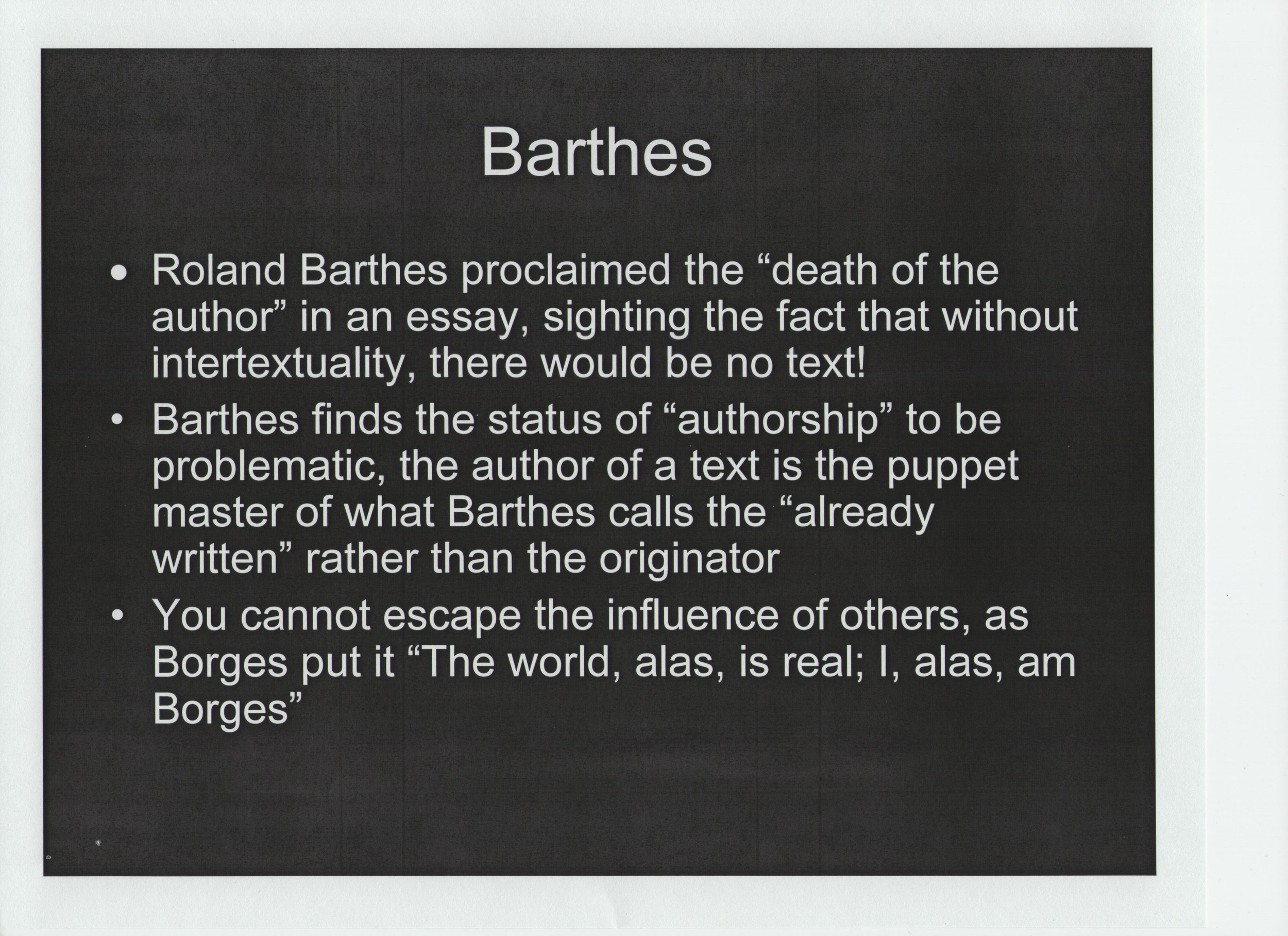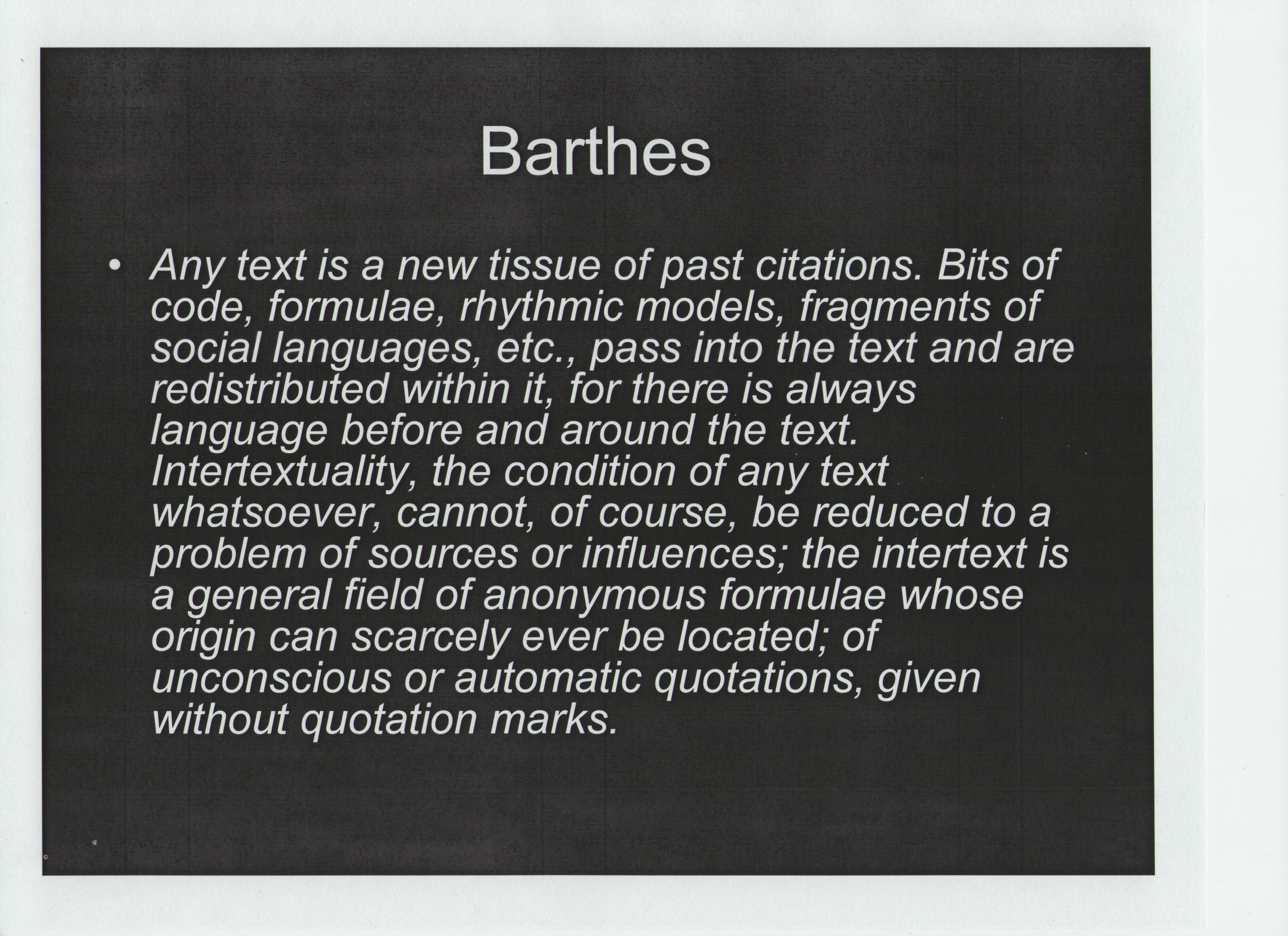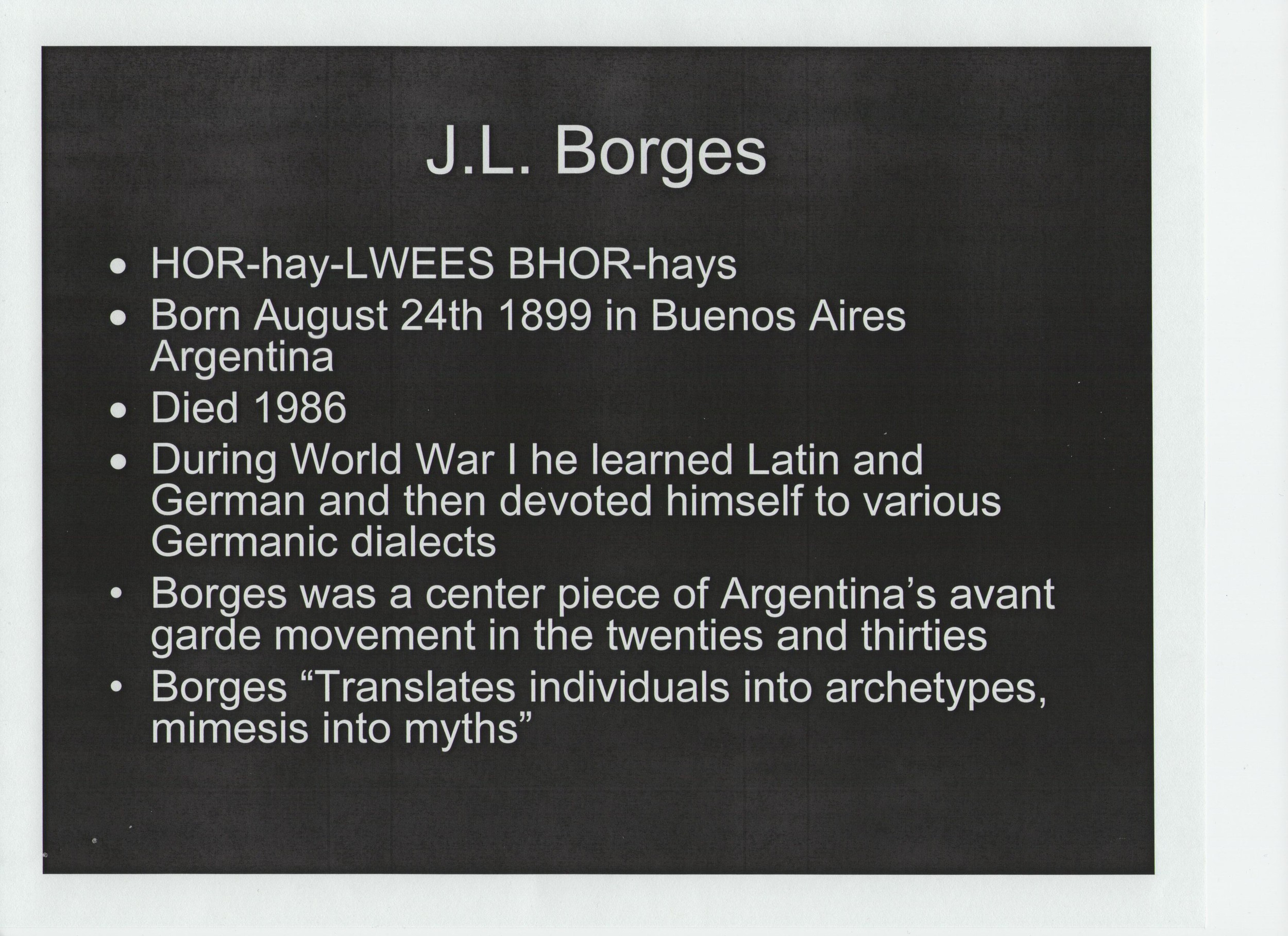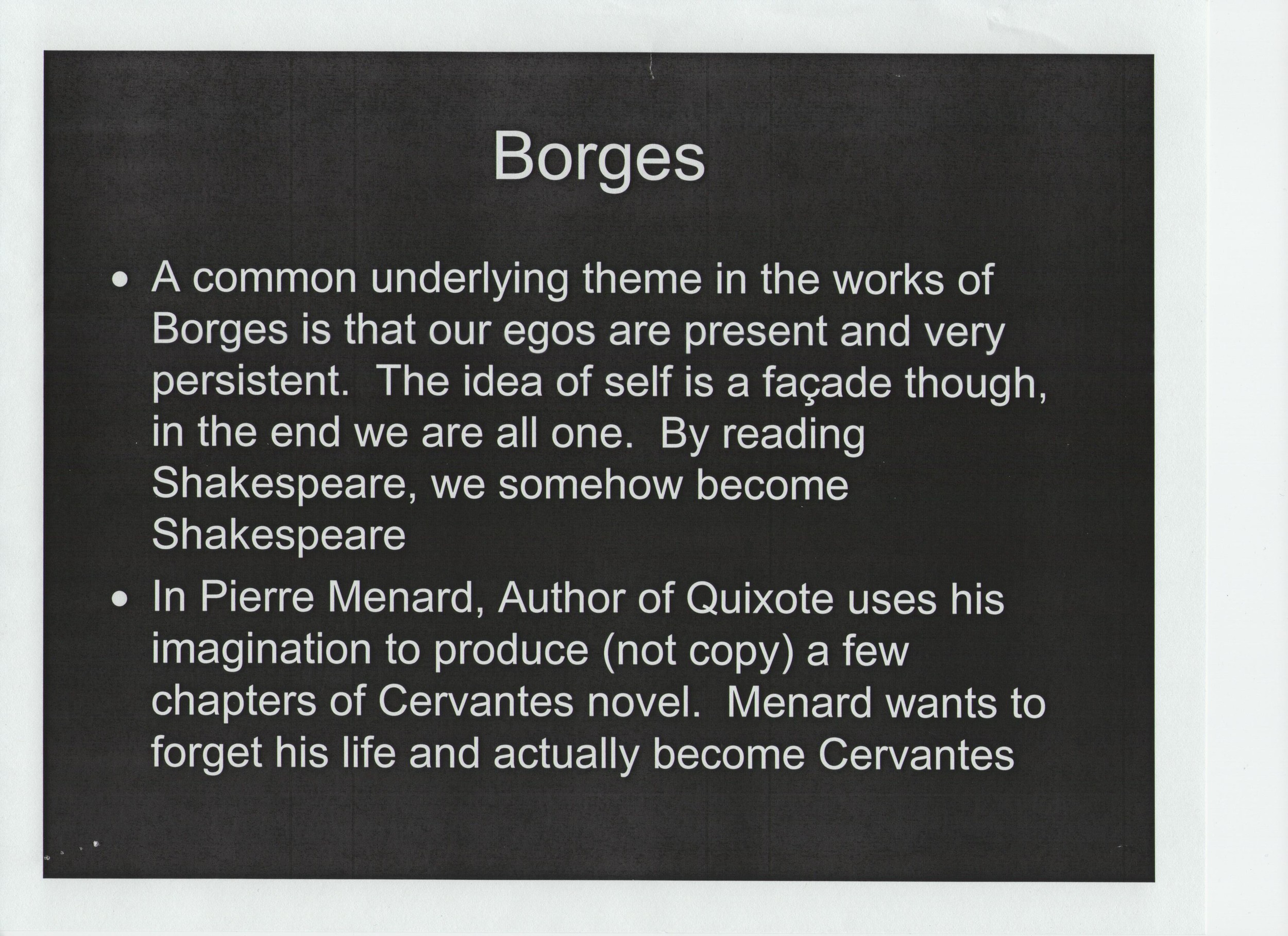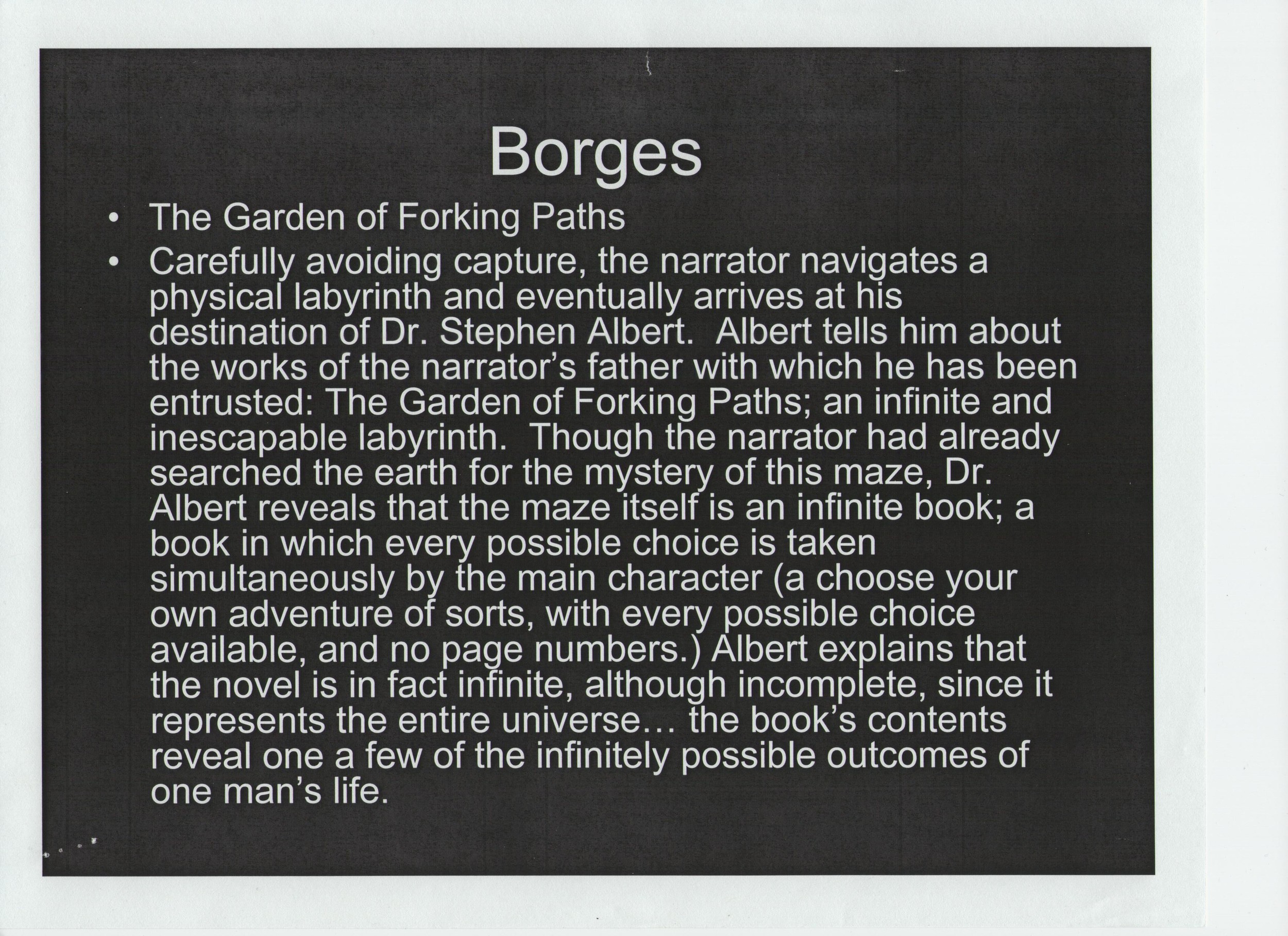I’m not sure if this is exactly the style they wanted, but here is my contribution for the Hacking The Academy collection. Last week, a CFP went up on Prof Hacker to put together an edited volume of essays in different forms of media about, well, hacking the academy. Among those putting this together is Dan Cohen from Zotero. I decided to write about what attending and promoting hardcore-punk shows for the past 15 years taught me about academic conferences.
Lessons Learned From 15 Years of Hardcore-Punk Shows About Hacking The Academic Conference
A lot of this I’d already deciphered by the time I was 15 years old. I spent my youth attending hardcore punk shows in, primarily, the tri-state and Delaware Valley area. I had a lot of ups and downs in regard to this, but a lot of the experiences, both good and bad, prepared me to “hack” my experience at academic conferences. Like hardcore shows, I only attend a handful of conferences per year. This is due to a variety of concerns: finances, lack of ability to travel, and a strong tendency towards being antisocial keep me at home or on campus most of the time.
I was originally drawn to the digital humanities because it encompassed a lot of the things I wasn’t seeing fully actualized by DIY hardcore. While underground and outside of the mainstream, although that is unfortunately changing, hardcore-punk is often very slow to change and evolve. Fans sneer at new means for communicating, producing and distributing records, and changing attitudes about digital media. The digital humanities are constantly changing and innovating, progressing in new and interesting ways. “Unconferences” like #thatcamp and forward thinking meetings like Digital Humanities 2009 are how I have always envisioned conferences being, but never had seen before. Projects like this one, where a book is compiled over a week, are much more “hardcore” than the ridiculous, conservative, nonsense which passes for it music wise.
When I first began attending conferences about five years ago, I drew from years of attending hardcore shows to make my experience much more interesting and productive. Here are some of the lessons I can offer for “hacking” the academic conference:
- You don’t have to attend every conference (aka just say no): I go to, maybe, a handful of hardcore shows a year. By December, I have attended around the same amount of conferences. As a teenager and in college I wasted a lot of time, energy, and money going to hardcore shows “just to go,” or because a friend of a friend’s band was playing, and other stupid excuses. As an academic, if I even remotely feel like my attendance at a conference is due to a circumstance like this, I am not going. If the money isn’t there, the schedule is bad, the presentation you want to see is the metaphorical headlining band and you can’t see yourself waiting, just say no.
- If you don’t go you can still keep in touch: The first half of my senior year of high school, I barely attended any shows because I was working every weekend at a crappy job as a dietician in a nursing home. Back then, 1996, I got caught up on shows and other concerns via IRC. I would wait up until my friends logged on at night and get all of the information I needed about the show. These days, this can be done in near real time via applications like Twitter and FriendFeed. A great example of this was the Twitter stream from Digital Humanities 2009. I did not attend, primarily because of a lack of financial resources, but I was able to follow the conference due to the #dh09 hashtag on Twitter. Many attendees live tweeted the conference, posting notes and comments about the panels they attended. Interested parties, like myself, could not only follow that stream, but offer questions for attendees to ask panelists. I could also comment and interact with those who attended and participated, offering my own thoughts and ideas as the conference progressed. Many new friendships and connections were also formed during this process.
- People who seem totally cool online can and will be jerks in real life: Attending hardcore shows for years, one of the most heartbreaking things for me was finding out someone in a band or a fanzine editor, or other sort of important scenester was a jerk, sexist, homophobic, etc. I took this personally and often brooded on drives home about how IMPORTANT it was to notice and point out their jerkiness. Eventually, I concluded, not soon enough, that hardcore was just like the real world. There were cool people, there were plenty of jerks, and many were very insincere. A lot of popular scenesters and band members had bloated egos or serious delusions of grandeur. At the Modern Language Association’s annual conference in Philadelphia at the end of 2009, I met a lot of friends who I had known from my weblog, Twitter, and other social media. I also encountered a certain person who is very prominent in the digital humanities. They are someone I have interacted with online and had been a fan of their very popular weblog. After I introduced myself, this person couldn’t have been a bigger, egocentric, asshole to me. Totally dismissive, self important, and uninterested in anything but himself. In the past, I would have been distraught and agonized over this, but now I just shrug it off and move on. Just because someone is an awesome theorist/blogger/podcaster, doesn’t mean they will be a good person. Nor, however, does it take away from their art.
- Save ephemera: I run a website called Hardcore Show Flyers (and it’s sister website Hardcore Punk Misc) which archives show flyers from the mid to late seventies to a few months from now. I’ve been in the habit of saving flyers, folders, handouts, and other ephemera since I was a child. The first scanner I bought in 2000 allowed let me to begin digitally archiving a lot of what would become the roots of Hardcore Show Flyers. Since becoming involved with attending, and putting on, conferences and symposiums over the years I have saved and scanned a lot of things which I hope one day will be useful or interesting to someone. I’d rather spend the time now and save something, than wish someone else had later.
